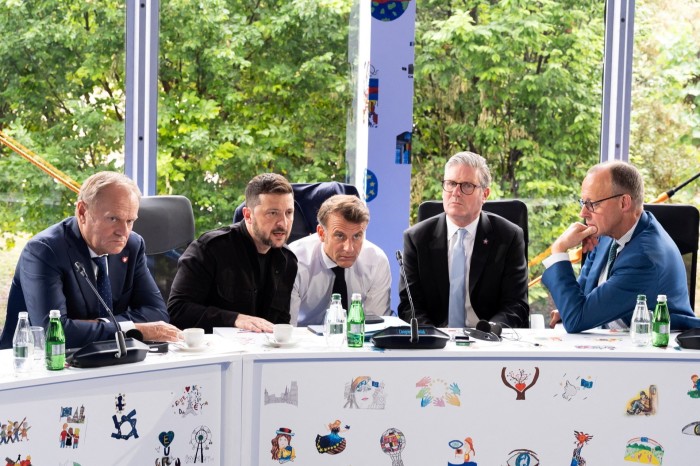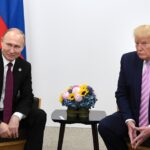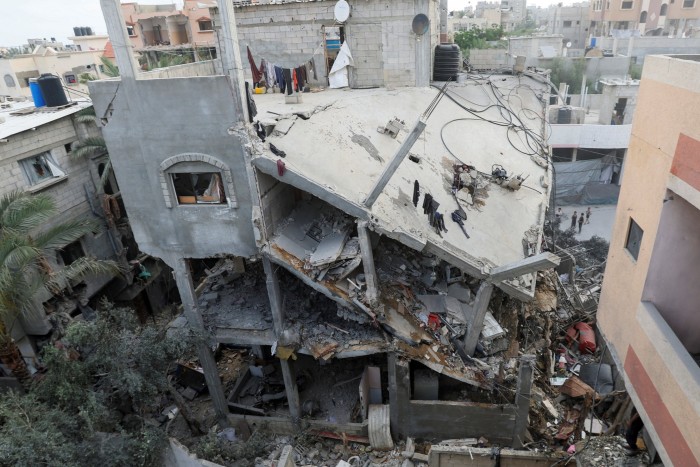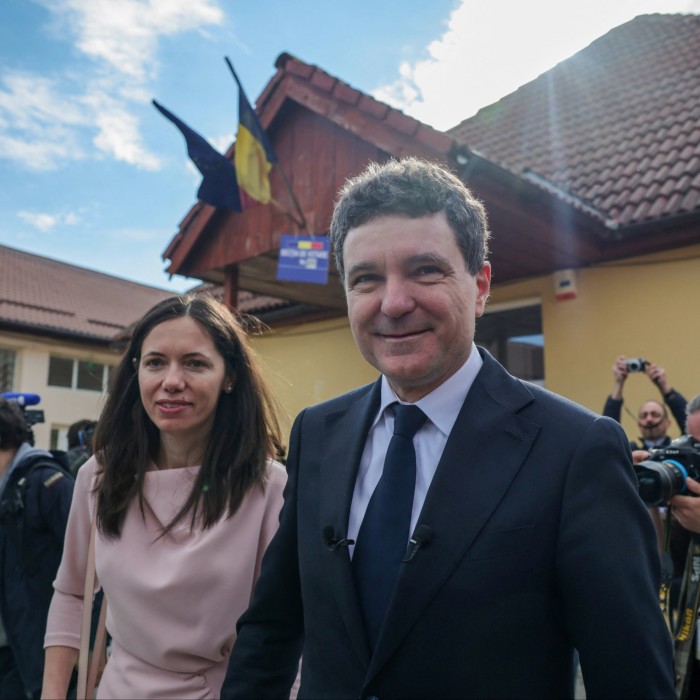Merz tries to quell Meloni-Macron spat over Ukraine

Stay informed with free updates
Simply sign up to the War in Ukraine myFT Digest — delivered directly to your inbox.
German chancellor Friedrich Merz has sought to cool a bitter diplomatic row between Rome and Paris over Italian premier Giorgia Meloni’s exclusion from a group of European leaders co-ordinating with the White House over Ukraine.
Tensions erupted on Friday as French President Emmanuel Macron accused Meloni of spreading “false information” about her not taking part in a small group of European leaders meeting with Ukrainian President Volodymyr Zelenskyy and having a joint call with Donald Trump.
Meloni had travelled to Albania for a European Political Community summit attended by 40 European leaders including Zelenskyy. But she did not join Merz, Macron, Sir Keir Starmer of the UK and Poland’s Donald Tusk for a breakout meeting where they discussed the outcome of the Russia-Ukraine peace talks that took place in Istanbul that day. The European leaders, who then initiated the call with Trump and Zelenskyy, later issued a statement slamming Putin’s demands as “unacceptable”.
The Italian premier, who has been a staunch supporter of Kyiv and also has a strong personal rapport with Trump, told Italian journalists she was not included because of her refusal to send troops to Ukraine as part of a proposed “coalition of the willing” to provide security after any peace deal.
“Italy has long stated that it is not willing to send troops to Ukraine,” she told reporters in Tirana. “It would not make sense for us to take part in formats that have goals in which we are not willing to participate.”
But Macron said troop deployments had not been discussed either in Tirana or in Kyiv last weekend where he travelled with Starmer, Merz and Tusk — and without Meloni.
“The discussion is about a ceasefire — let’s avoid spreading false information. There is already enough of that coming from Russia,” the French president said.
Merz met Meloni on the eve of Sunday’s inaugural mass of Pope Leo XIV and sought to soothe tensions, declaring the two leaders agreed that Italy “must play a role” in all European peace initiatives in Ukraine.
“I will hold talks in the European Union in the coming days to include Italy in all our efforts to resolve this conflict,” Merz said at a press conference in Rome. “We must not allow ourselves to be divided,” he said, adding that there were no “first- or second-tier” EU members and that all countries were striving “to end this war as quickly as possible”.
At their joint press conference, Meloni urged leaders to “abandon egotism” and focus on “the unity of the west”. She has repeatedly called for a “just peace” that does not amount to Kyiv’s capitulation and called the talks in Istanbul “a timid first step towards a peace process”.
Meloni’s absence from the European quartet pressing Ukraine’s cause with Trump — and her being openly chided by Macron — has triggered an uproar in Italy, with critics accusing her of marginalising her country from important decisions.
She has been accused of lying about the real reasons for her exclusion, with some of her allies suggesting that she has allowed her personal antipathy towards Macron to cloud her judgment.
“Meloni is the custodian of the Italian national interest,” Carlo Calenda, a centrist lawmaker, told a local television channel. “Not to go there out of personal antipathy towards one leader is something that you cannot accept.”
The French and Italian leaders’ mutual dislike have flared repeatedly since Meloni came to power in late 2022, including when Macron opted not to invite her to a private dinner with Zelenskyy in early 2023.
Aside from the long-standing animosity with Macron, Meloni had a strained relationship with Merz’s predecessor, Olaf Scholz, who, along with his Green coalition partners, publicly chided her over her migration policy.
However, Merz, whose centre-right Christian Democrats (CDU) made tougher migration policy a central plank of its manifesto, sought to convey a warm rapport with Meloni on Saturday night, referring to her as “Giorgia” and used the informal du form of address.
“Together, we want a strong, secure and competitive Europe,” he said. “And I am therefore very grateful, Giorgia, that we were able to establish close contact with each other in the first few days.”
Additional reporting by Giuliana Ricozzi in Rome






